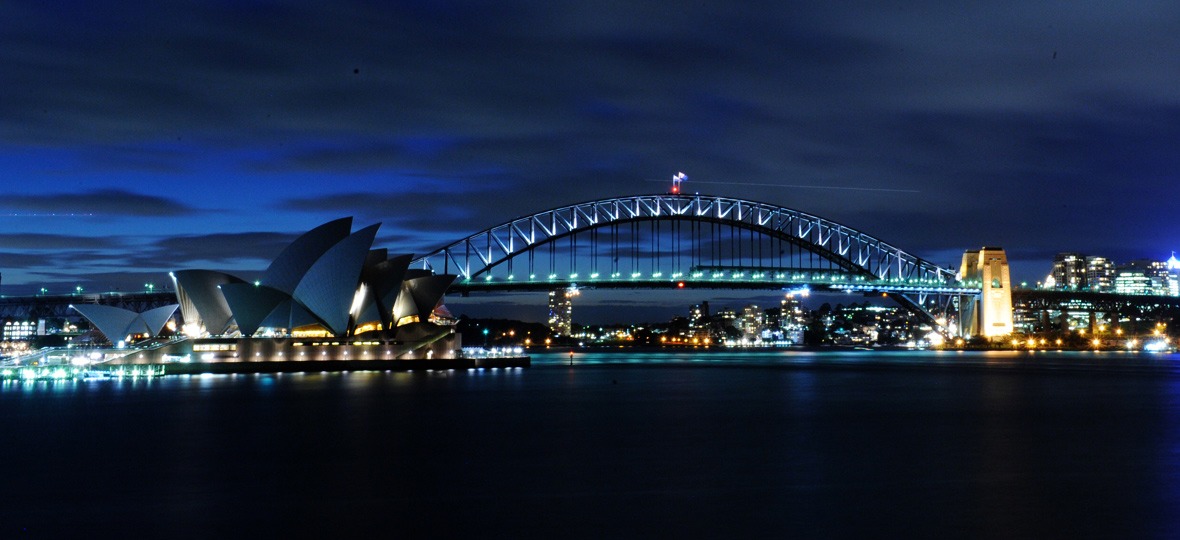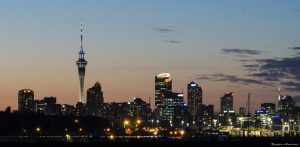Forbes journalist Jesse Columbo has taken an in depth look at New Zealand’s economy and here is the outcome. He believes that the New Zealand economy is in serious trouble. Although New Zealand has been hailed as one of the greatest economies on earth, Columbo believes that the country could be headed towards a depression soon and lists twelve reasons why. Interest rates have been at all-time lows for almost a half-decade which allows imbalances to form which history has shown. Economies are cyclical and incredible stretches of time typically means that bad times are on the horizon. Property prices have doubled since 2004 deterring the purchase of these properties. New Zealand has the world’s third most overvalued property market that was clearly affected from the recent price changes and has surpassed the average annual income of the general population. Another point that leads to problems in the future.
New Zealand’s mortgage bubble grew by 165% since 2002. The mortgage debt has grew at a rate that the economy could not keep up with. Nearly half of mortgages have floating interest rates which means that buyers can take mortgages at a low interest rate. However this only lasts for so long and the interest rates will sky rocket sooner rather than latter. Mortgages account for 60% of banks’ loan portfolios which means once the housing bubble bursts so will the banks. Finance, not agriculture, is New Zealand’s largest industry. While New Zealand is known as one of the most beautiful places on Earth, finance is surprisingly king of the economy which leads even more to the assumption that New Zealand’s banks are exposed to Australia’s bubble. Australian and Chinese buyers are inflating the property bubble. These countries are also experiencing economic bubbles which means when their bubbles burst, it will also affect New Zealand. New Zealand has a household debt problem which is even worse than the United States. Government overseas debt has nearly tripled since 2008. Finally the New Zealand dollar is overvalued which can be the greatest warning sign of an economy bubble about to burst.
Source: http://www.forbes.com/sites/jessecolombo/2014/04/17/12-reasons-why-new-zealands-economic-bubble-will-end-in-disaster/3/





